Medical Care , Health & Wellness , Traditional Chinese Medicine
Increase your chances of conceiving with TCM
According to the World Health Organisation, infertility is defined as the failure to achieve a clinical pregnancy after 12 months or more of regular unprotected sexual intercourse.

Traditionally women are usually blamed for problems in conceiving, however, research over the years has shown that both men and women have equal chances of being infertile. In fact, about 47% of infertility has a male origin.
Affecting approximately 1 out of 7 couples, Singapore has one of the lowest total fertility rates in the world at 1.2 per female [1]. Early intervention and professional help can improve the success rate of natural conception as well as artificial reproductive medical procedures such as Intrauterine Insemination (IUI) and In-Vitro Fertilisation (IVF). The key is to seek help early!
Causes of female and male infertility
A woman’s chances of conceiving decline as she ages. Most fertile in their 20s and early 30s, fertility starts to drop at the age of 35 and drastically after 40 due to the diminishing number of eggs (oocytes) and their deteriorating quality. Other than the quality of eggs, structural problems such as endometriosis, fibroids and blocked fallopian tubes are also more common in older women even though these conditions could occur at any age.
For males, sperm motility (movement of sperm), morphology (size and shape of sperm) and quantity(sperm concentration) also decrease with age. Premature ejaculation or structural problems such as varicocele or blockages from a post-traumatic injury, an unhealthy diet, bad lifestyle habits such as smoking and excessive alcohol consumption, as well as environmental exposure to toxic chemicals or pesticides can contribute to infertility in males.
To top it off, the stresses of everyday life further impact a couple’s ability to conceive. In men, mental, physical and emotional stresses can impact the quality of sperm and in women, it can affect ovulation and egg quality. It does not help that many couples are now choosing to start their own families at older ages, wanting to establish their careers or have some form of financial stability before having a baby.
Fortunately, with the advancement of medical technology and the fact that the new-gen couples are now more tech-savvy and knowledgeable, couples are now aware of the various types of medical interventions as well as the different TCM treatments and therapies they can do to increase their chances of getting pregnant.
How can TCM help you with natural conception and increase your IVF success rate?
As with all conditions, TCM works by helping to restore balance to the internal elements of the body to help all of its organs function optimally. Adopting an inside-out (从内到外)approach, TCM treats the body as a whole while targeting the symptoms of the condition.
Before and during family planning
For a start, couples who are planning to start a family can look into priming the body to boost their chances of conceiving. According to Physician Lim from Oriental Remedies Group, many women suffer from Cold Womb Syndrome (CWS) which is known as GongHan (宫寒), without knowing about it. CWS is a type of body constitution where Kidney deficiency and Blood stagnation affects your chances of conception.
When diagnosed with CWS, physicians use a combination of TCM modalities such as herbal medication, acupuncture and moxibustion to help warm the womb. Females with warm wombs have better chances of conceiving due to better Blood circulation which allows an optimal supply of nutrients to the womb, thereby improving implantation chances and lowering the risk of miscarriages.
For men, the Kidney and Five Organs play a huge role in sperm health and the ability to conceive. Herbal medications and acupuncture are commonly prescribed to boost your general body constitution in an effort to balance the body and strengthen the sperm’s ability to play its part.
Physician Lim says, “most couples do not think of conditioning their body in advance to prepare for family planning but it can be advantageous for both males and females to do so to experience a smoother journey with conception down the road.”
Senior Physician Lim from Oriental Remedies Group
Aiding Conception with Assisted Reproductive Technology (ART)
Intrauterine insemination (IUI) and In-Vitro Fertilisation (IVF) are the two common Assisted Reproductive Technology (ART) treatments used by couples to improve their chances of pregnancy. For both medical procedures, TCM is able to work in tandem with modern medicine to improve your body constitution and increase your success rates.
Using TCM, physicians are able to help patients achieve improved Blood and nutrient circulation which can have a positive effect on the couple’s ability to conceive. In men, this translates to healthier testosterone circulation and improved immunity, leading to stronger sperm health. In women, patients can expect better womb health and stability, regular ovulation[2] which can help improve the success rate for egg retrieval during IVF, and more nutrients delivered to the uterus for any potential embryo implantation [3]. A 2002 study found that women undergoing IVF with acupuncture treatments before and after egg transfers had a pregnancy rate of 42.5% compared to 26.3%, of the non-acupuncture group [4].
For patients undergoing IUI/IVF with pre-existing conditions such as painful menstrual cramps, irregular cycles, endometriosis, polycystic ovary syndrome (PCOS) and weak uterine lining which stands against successful embryonic implantation and pregnancy, TCM helps by regulating the flow of Qi, Blood and hormones to provide some levels of regulation to these conditions and strengthen the womb, optimising it for pregnancy.
Dealing with fertility treatments can also be a stressful process for both partners. Financial and emotional stress built up through the infertility journey, as well as the expectation placed on these treatments to succeed, can snowball and affect how our bodies and reproductive systems function. In addition, our bodies encounter free radical damage and oxidative stress in our day-to-day lives, which can affect things like sperm health.
To counter this, TCM targeted treatments can soothe and regulate stress levels, providing support to the immune system and relieving anxiety for a healthy pregnancy. At the same time, the treatments have a positive effect on regular ovulation and follicular health in women, as well as protecting sperm count and quality in men, which are affected by oxidative stress.
At Oriental Remedies Group (ORG), physicians use a combination of TCMxTech-enhanced Therapies to help patients with fertility concerns. Together with herbal medication, acupuncture and moxibustion, Tech-enhanced therapies such as Electro-Lymphatic Therapy (ELT), Negative Ion Therapy and Far-Infrared Therapy are introduced to complement the treatment procedure.
Extracted from Fertility 101: Everything You Need To Know About Fertility
TCM treatments are holistic and address not just the symptoms of a condition, but also review the patient’s diet and lifestyle choices. Through an integrative approach by treating the body as a whole, patients will not just experience improved fertility but an improvement in their overall wellness collectively. Whether you have just started trying for a baby, or are committed to assisted reproductive technologies like IVF and IUI, TCM and tech-enhanced Therapies can help enhance your fertility and prepare the body for pregnancy.
Success stories from fertility patients at Oriental Remedies Group:
This article was written by Oriental Remedies Group
(Left to right) From Oriental Remedies Group: Physician Leow,
Physician Jiao and Chief Medical Officer and co-founder Physician Leong
Oriental Remedies Group (ORG) is a leading patient-centred healthcare provider offering effective treatments grounded in Traditional Chinese Medicine (TCM) and enhanced with tech-enhanced therapies.
We have grown to a team of bilingual physicians who, on average, have more than 10 years of TCM experience. Most of our physicians are trained in both Biomedical Science and TCM at Nanyang Technological University (Singapore) and China for a minimum of 5-8 years before being certified to practice in Singapore. Well-equipped with scientific knowledge and wisdom from traditional medicine, we aim to help everyone who passes through our doors feel better faster through the implementation of tech-enhanced treatments.
ORG’s vision is to help all mankind #BeTheBestYouCanBe by leading a healthy and fulfilling life.
Find out more about our team of physicians at:
https://www.orientalremediesgroup.com/physicians/
Contact at:
+65 8742 2163
Disclaimer:
This information is not intended or implied to be a substitute for professional medical advice, diagnosis or treatment. All content is for general information purposes only. Oriental Remedies Group makes no representation and assumes no responsibility for the accuracy of information, and such information is subject to change without notice.
Any devices used for technology-enhanced therapies are intended for use only for general well-being purposes or to encourage or maintain a healthy lifestyle, and is not intended to be used for any medical purpose (such as the detection. diagnosis, monitoring, management or treatment of any medical condition or disease). Any health-related information provided by this device or software should not be treated as medical advice.
[1] Assessment and Management of Infertility at Primary Healthcare Level. AMS-MOH Clinical Practice Guidelines. Dec 2013
https://www.moh.gov.sg/docs/librariesprovider4/guidelines/infertility_booklet2013(hires).pdf
[2] https://www.cnki.com.cn/Article/CJFDTotal-XXYY201201031.htm
[3] https://bmccomplementmedtherapies.biomedcentral.com/articles/10.1186/s12906-019-2472-1
[4] W. E. Paulus, M. Zhang, E. Strehler, I. El-Danasouri, and K. Sterzik, “Influence of acupuncture on the pregnancy rate in patients who undergo assisted reproduction therapy” Fertility andSterility,vol.77,no.3,pp.721–724,2002
Doctors
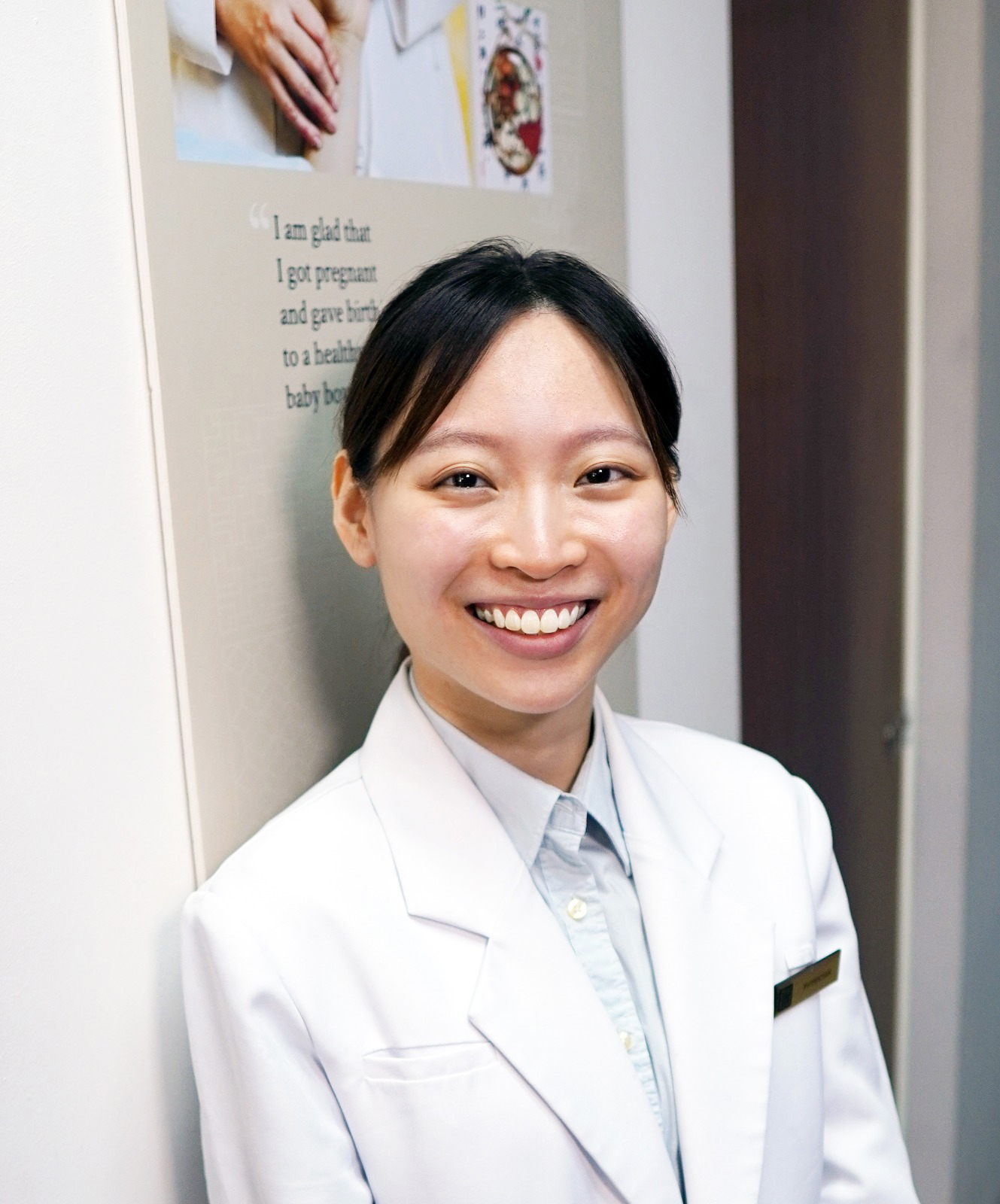
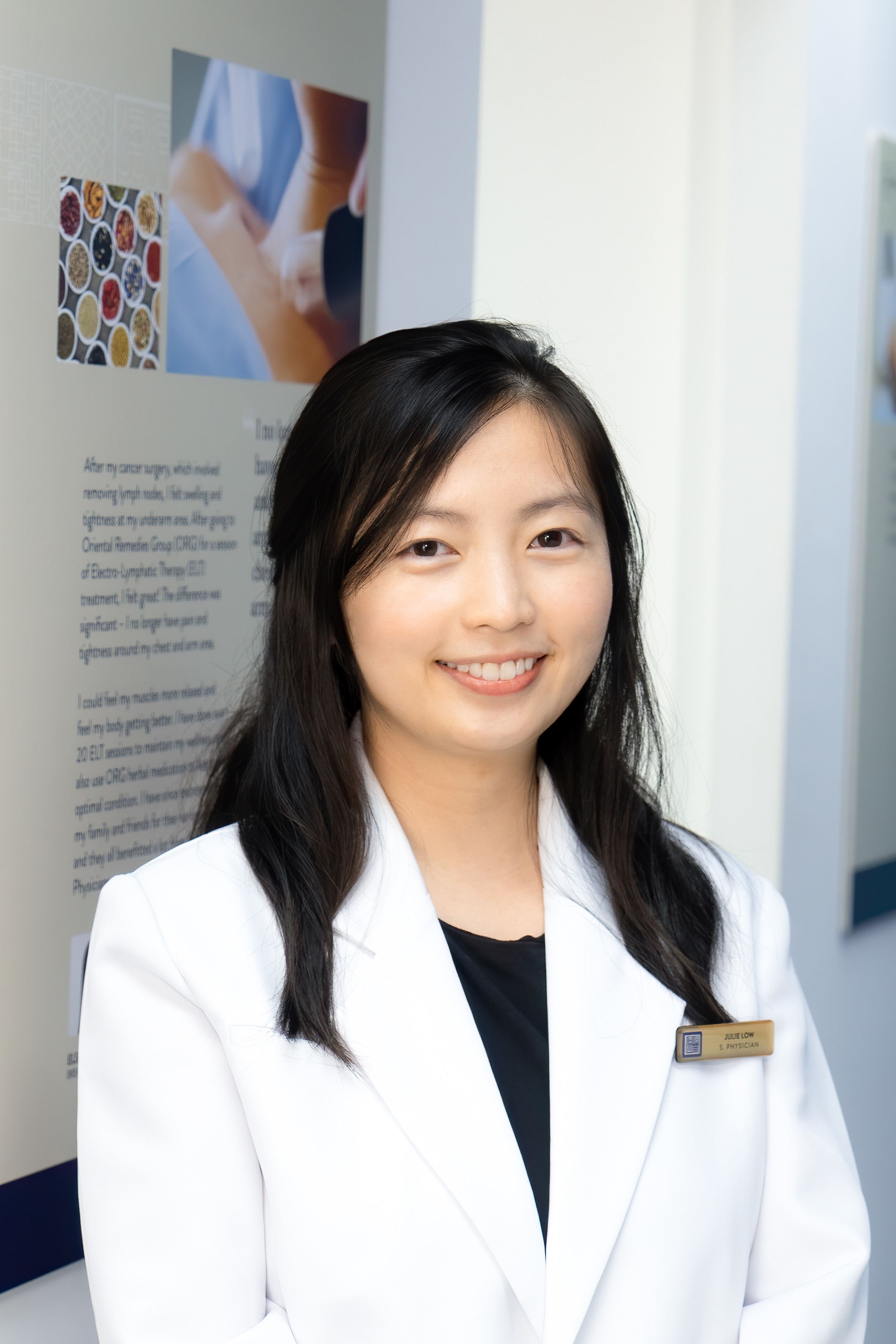
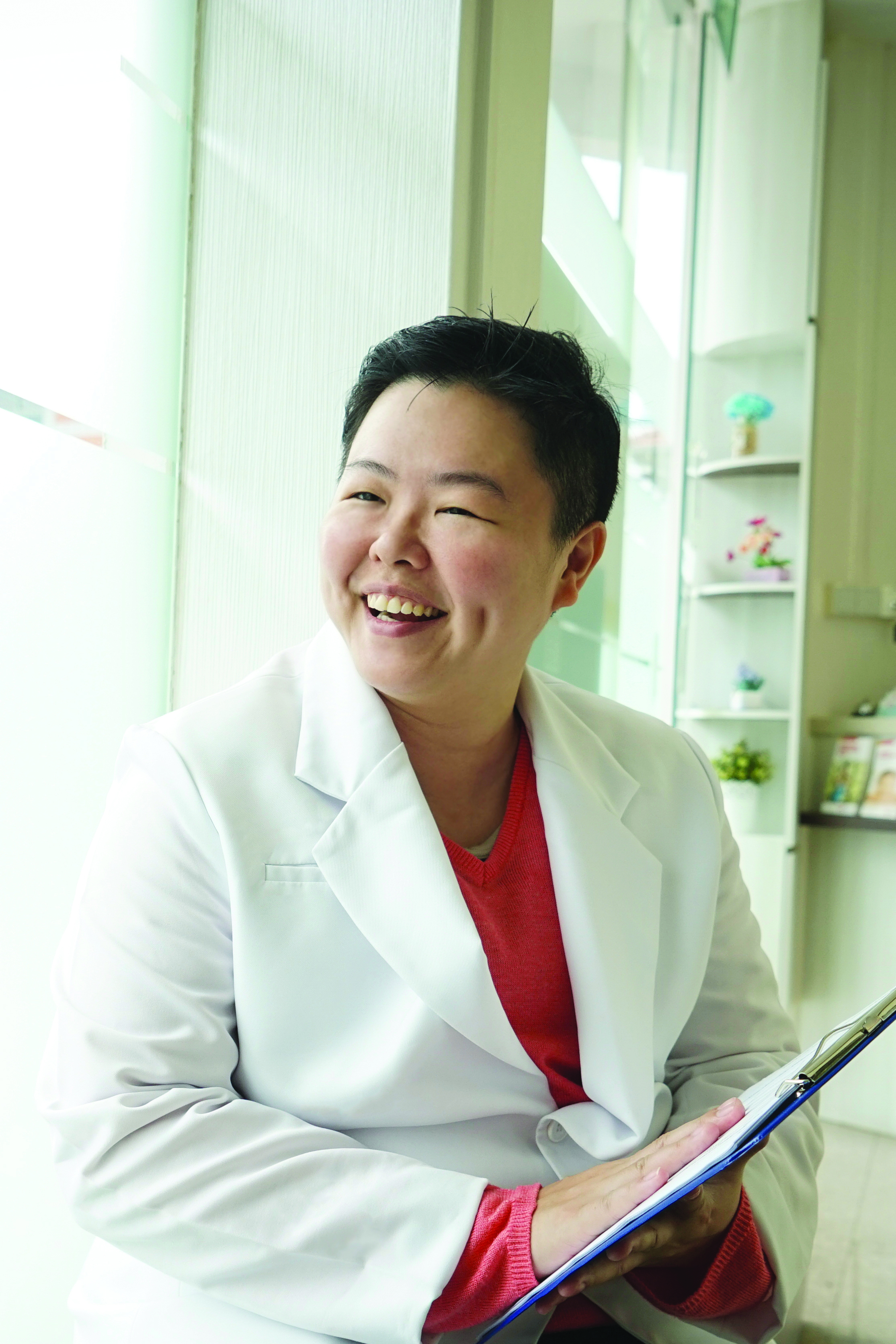
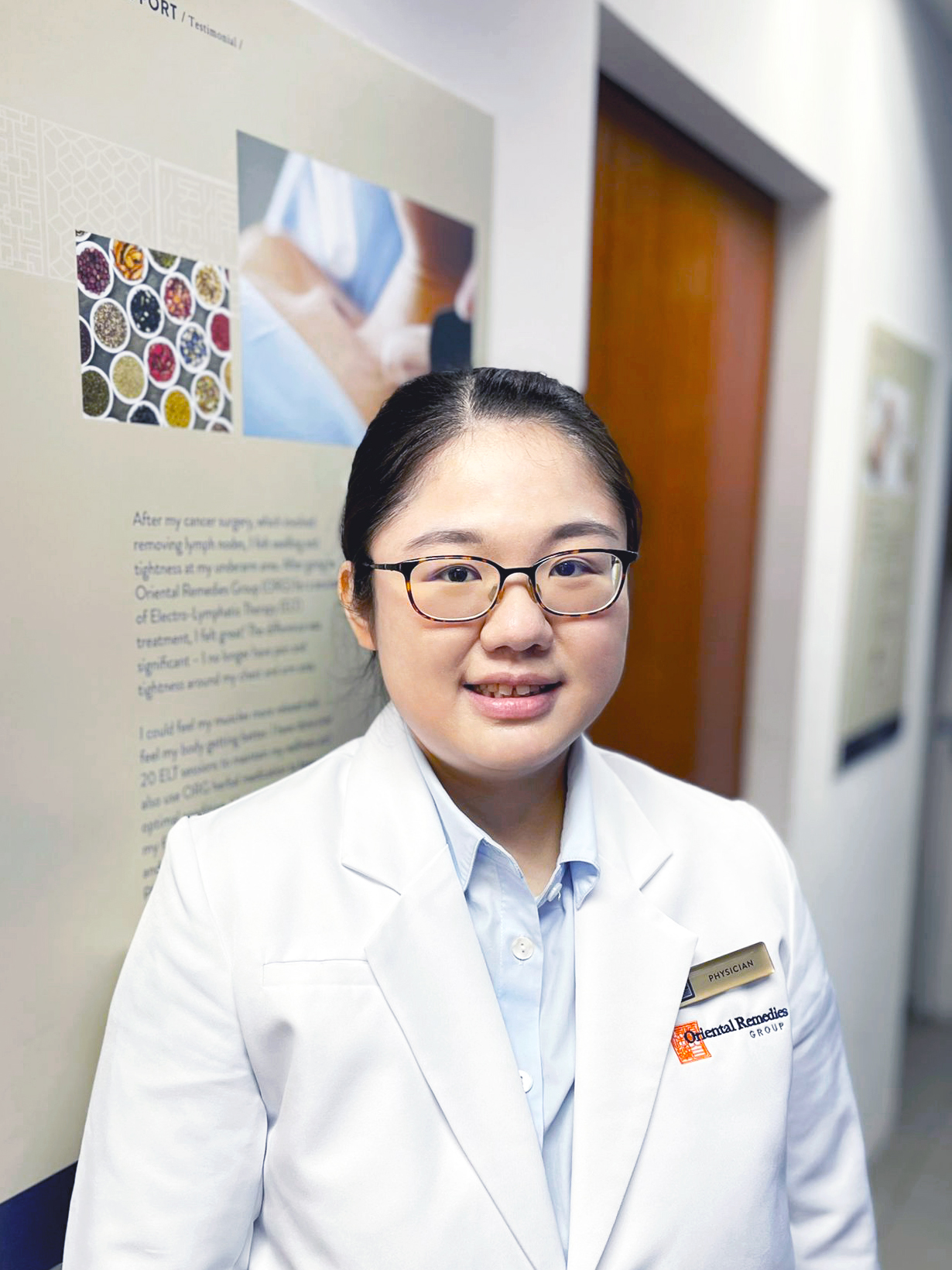
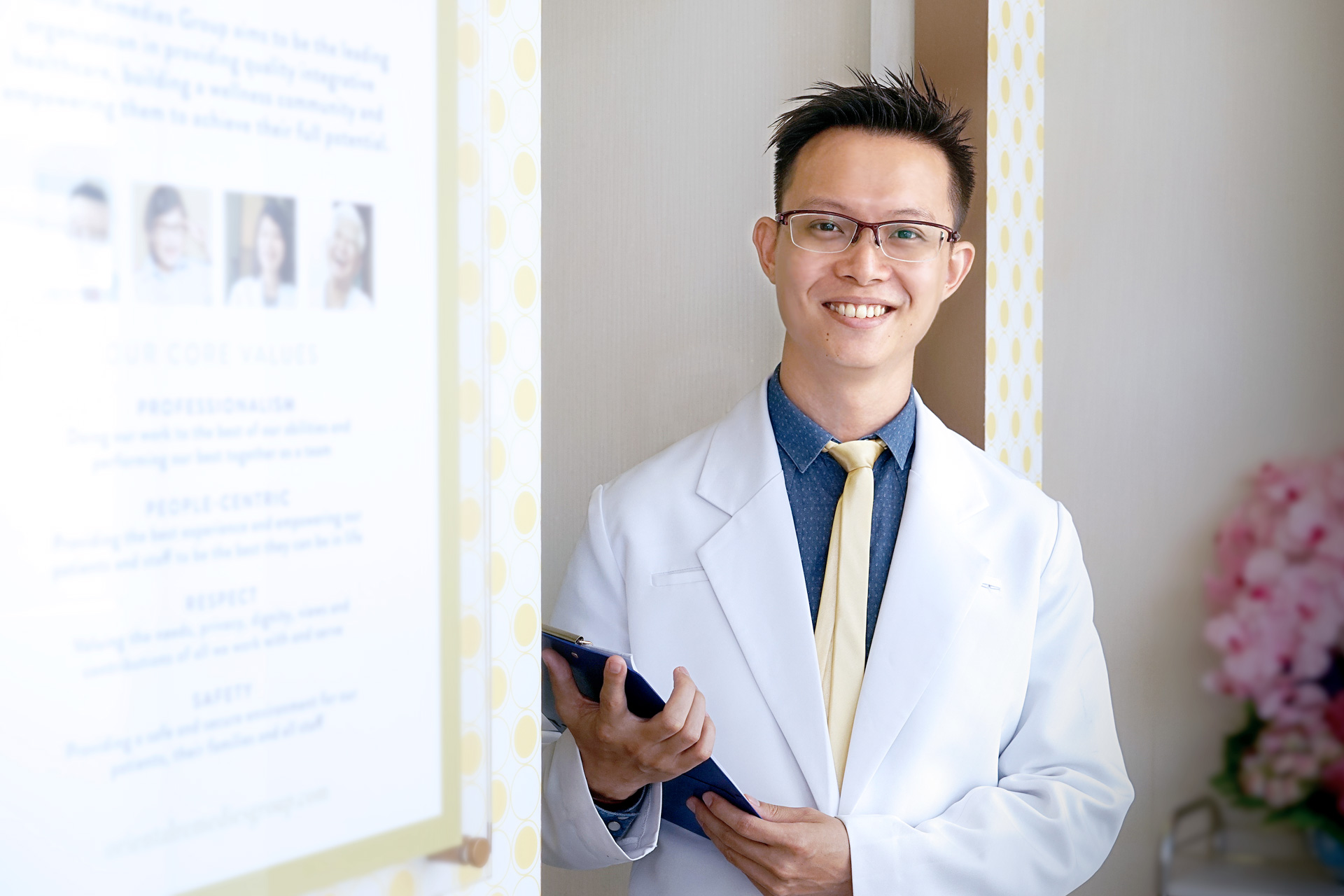
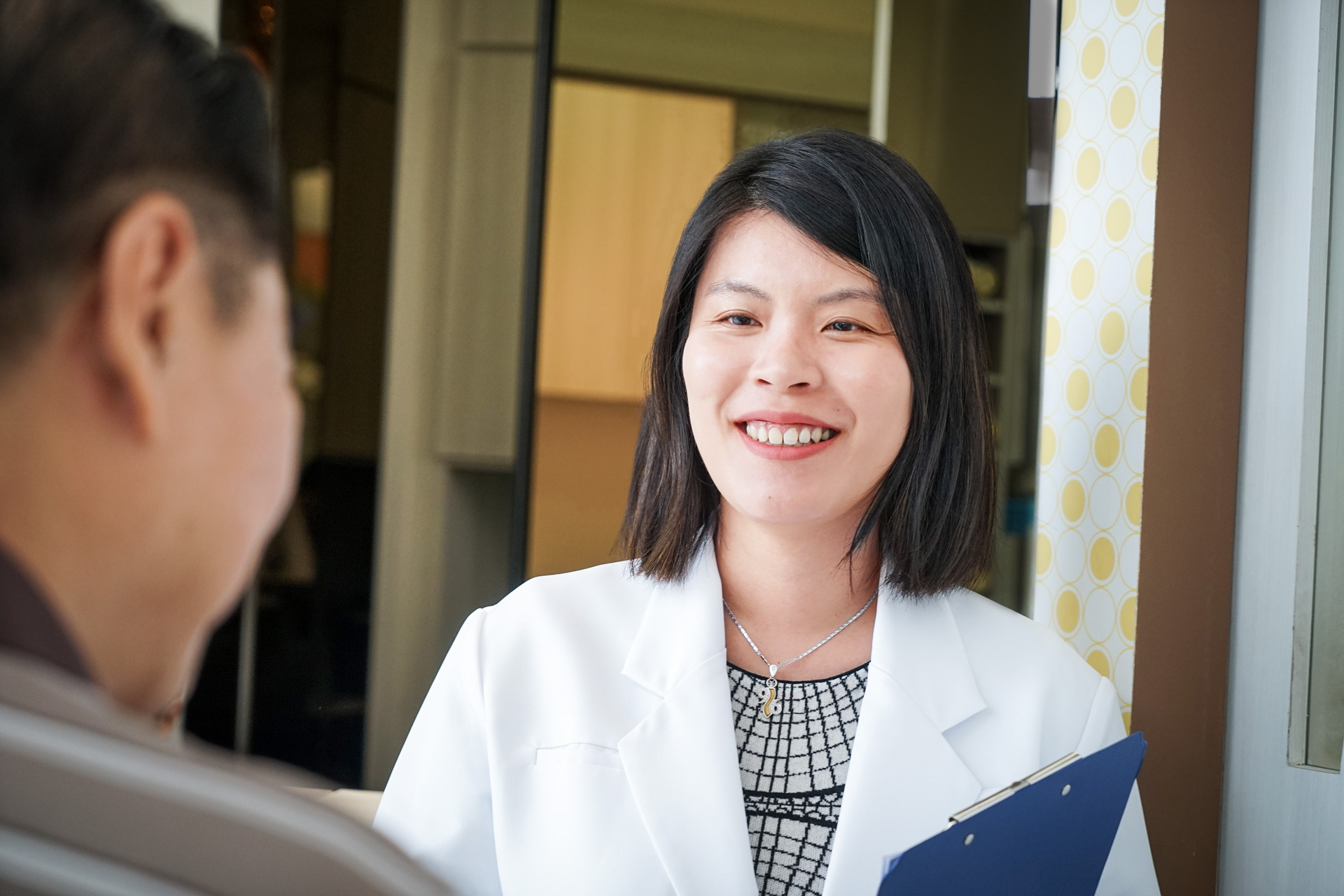
Related Articles
Health & Wellness
How to Deal with Obesity & Diabetes?
The prevalence of obesity in the world have continued to increase significantly. It is estimated by WHO that 39% of adults aged 18 years and over were overweight in 2016, and 13% were obese.
Read moreMedical Care
Blood delivery drone due to become world’s fastest
New-generation drones slash delivery time of life-saving blood products and medicines in hard-to-reach areas in Rwanda
Read moreMedical Care
Better use your nose
In the long term, mouth breathing might lead to several complications
Read moreLatest Articles
Medical Care
Clinical Exercise Physiologist (CEP): The Emerging of Exercise is Medicine
How Exercising can be a Medicine
Read moreMedical Care
Reversing type 2 Diabetes: Embracing Hope and Determination
Experience the remarkable journey of Ash and his grandfather Atok as they conquer type 2 diabetes through unconventional methods, showcasing the power of love and determination over adversity.
Read moreMedical Care
Bladder Cancer: What You Need to Know
Empower yourself with our comprehensive guide to bladder cancer. Explore symptoms, diagnosis, treatments, and supportive resources to safeguard your health.
Read more